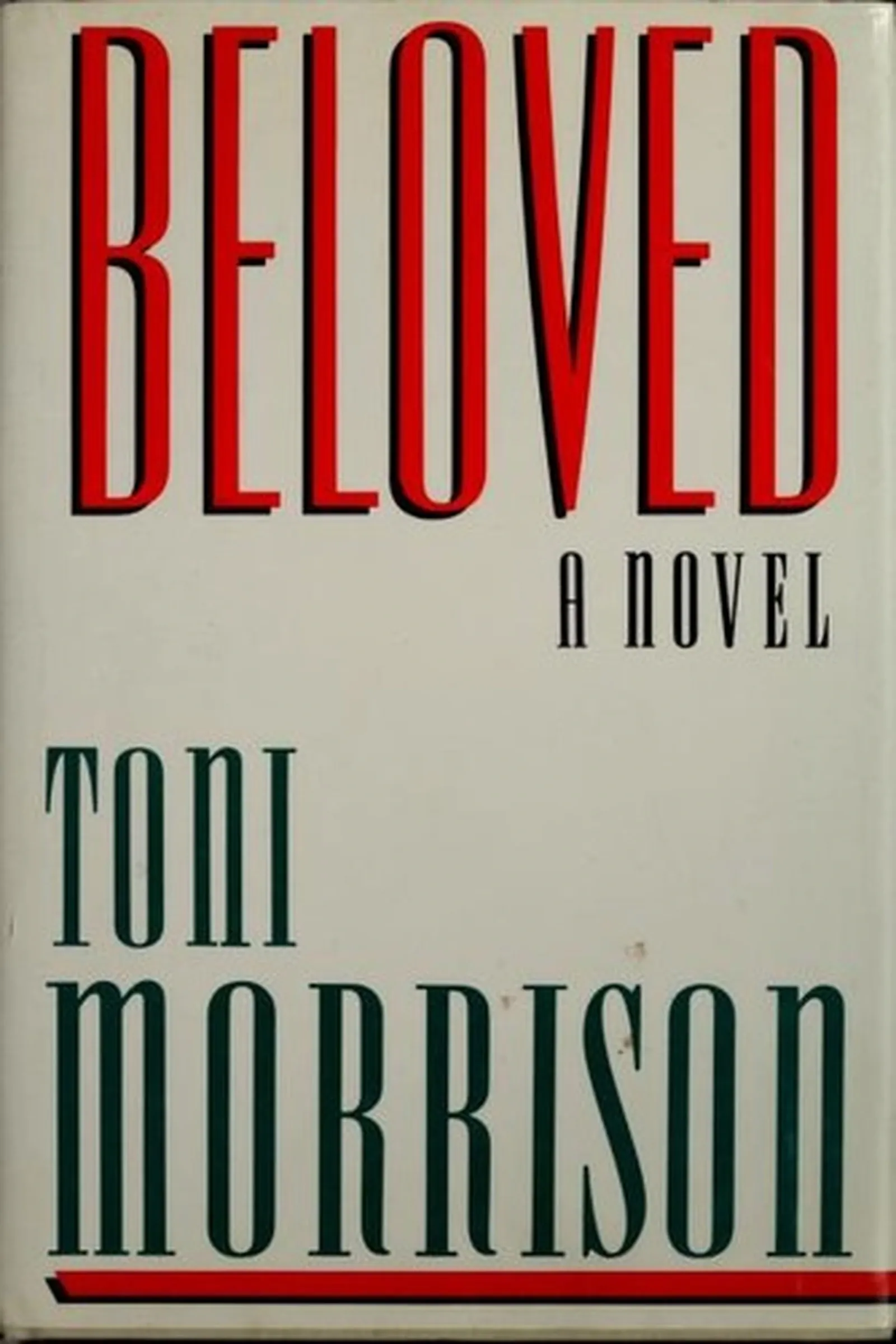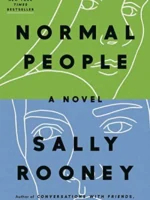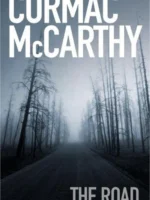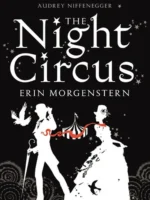Beloved, Toni Morrison, 1987
- Author: Toni Morrison
- Genre: General Fiction
- Publisher: Scribner
- Publication Year: 1987
- Pages: 324
- Format: Paperback
- Language: English
- ISBN: 978-1400033416
- Rating: 4,0 ★★★★☆
Beloved Review
About
Published in 1987, Toni Morrison’s Beloved is one of the most profound novels in American literature—an exploration of memory, motherhood, and the haunting legacy of slavery. It’s a ghost story, but not in the usual sense; the haunting comes from history itself. Morrison writes with rhythm and empathy, blending realism and the supernatural to reveal what collective trauma does to love, body, and identity. The book is both harrowing and healing, confronting truths most fiction only circles.
Overview
The story follows Sethe, a formerly enslaved woman living in post–Civil War Ohio, who is haunted—literally and emotionally—by the ghost of her dead daughter. When a young woman named Beloved appears at her door, Sethe believes her daughter has returned in flesh. Around them gather fragments of past and present: Paul D, another survivor from the same plantation; Denver, Sethe’s cautious daughter; and a community struggling to forgive what cannot be undone. Morrison tells their stories through shifting timelines, fragmented memories, and voices that overlap like a spiritual chorus. The novel’s structure mirrors the process of remembering—painful, necessary, incomplete.
Summary
(light spoilers) Years earlier, Sethe escaped slavery at Sweet Home plantation, but when slave catchers came for her and her children, she chose death over capture—killing her infant daughter. That act defines everything that follows. The ghost haunting her home is both punishment and grief made visible. When Beloved arrives—a young woman with childlike mannerisms and knowledge no stranger should have—the boundaries between past and present collapse. Sethe tries to atone through love, but love turns suffocating, consuming both women. The community intervenes, and the spirit departs, leaving silence and a faint ache—“This is not a story to pass on.” The line is both warning and command: remember.
Key Themes / Main Ideas
• Memory and haunting — the past as living presence.
• Motherhood — love as both salvation and sin.
• Freedom and guilt — the cost of reclaiming ownership of one’s life.
• Identity — rebuilding a self after dehumanization.
• Storytelling — naming as survival, silence as erasure.
Strengths and Weaknesses
• Strengths — Lyrical, devastating, and humane; Morrison’s language carries both poetry and pain.
• Strengths — The supernatural elements amplify, rather than obscure, the psychological truth.
• Weaknesses — The nonlinear structure can disorient readers; its emotional weight demands patience.
• Weaknesses — Some symbolic passages verge on opaque, but reward re-reading deeply.
Reviewed with focus on themes, audience, and takeaways — Toni Morrison
| pa_author | Toni Morrison |
|---|---|
| ISBN | 978-4-952-68719-2 |
| pa_year | 1995 |
| Pages | 522 |
| Language | English |







